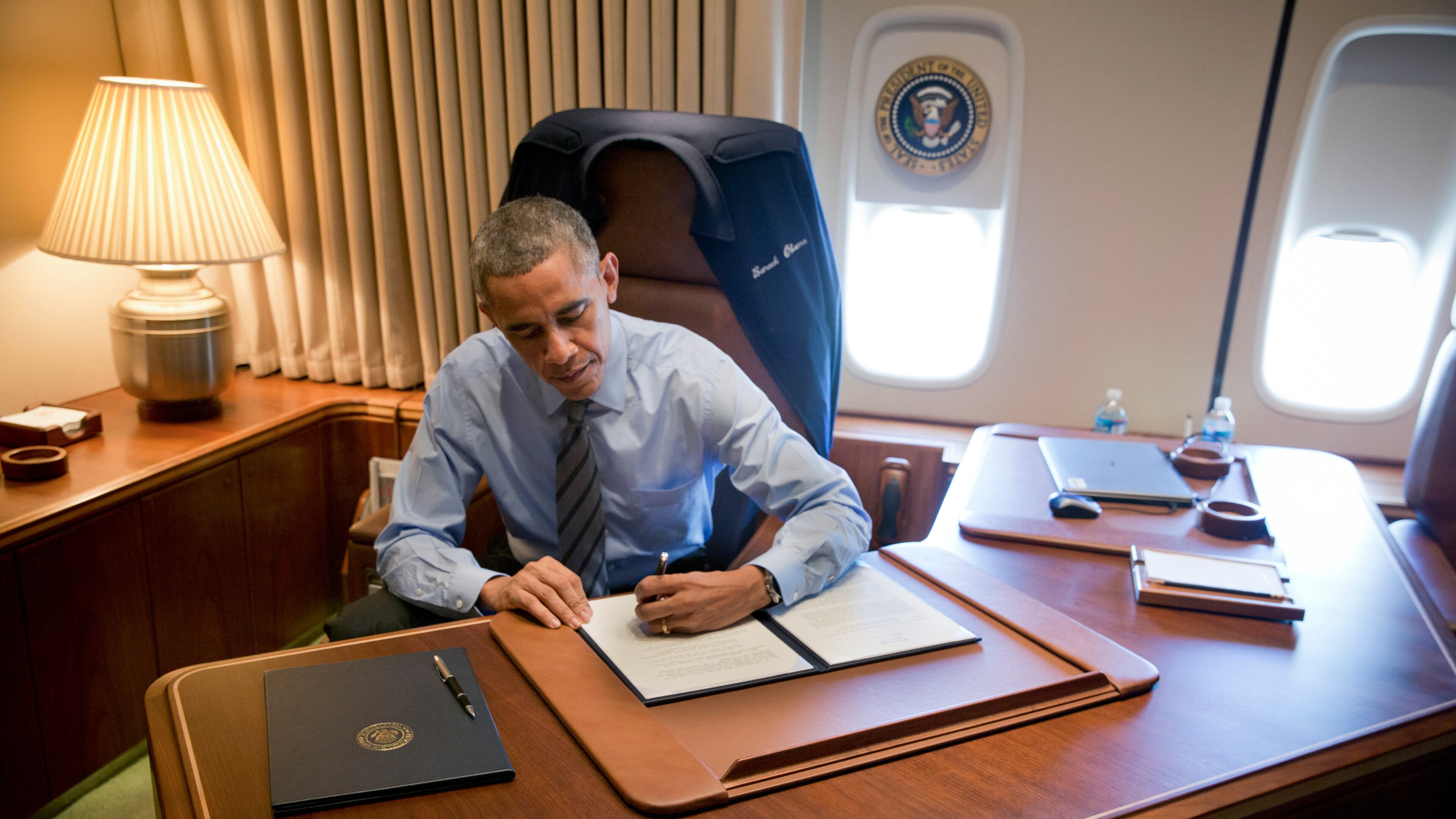In immigration case, a (perhaps short-lived) win for the Constitution

For a little while longer, the separation of powers still exists in this country.
The short-handed Supreme Court on Thursday split 4-4 in a case about whether President Obama had the power as the executive to make law, a legislative prerogative. Because lower courts had found Obama acted improperly , their ruling stands and the order remains blocked.
The specific issue at hand concerned immigration enforcement, which Obama in 2014 tried to abridge unilaterally after previously stating no fewer than 22 times that a president didn't have the power to do that kind of thing. But the subject is really beside the point. It was always a separation-of-powers case , not an immigration case, no matter how many sad stories are included in articles about this court ruling. It is possible to do something constitutional in an unconstitutional way, and it's the court's responsibility not to allow that.
But I said at the start of this post that separation of powers exists only for "a little while longer" because there were four justices who apparently were willing to discard that quaint notion to achieve their preferred policy. And there would have been a fifth such vote, had Obama's nominee for the ninth spot on the bench, Merrick Garland, been confirmed.
This is not my speculation; Obama himself said it, in a revealing if irresponsible comment during remarks to reporters after the high court released its ruling. From Yahoo News :
"The decision in the case is 'a very clear reminder of why it's important for the Supreme Court to have a full bench,' Obama said Thursday at the White House. 'This is part of the consequences of the Republican failure so far to give a fair hearing to Mr. Merrick Garland.'"
Republicans ought to give Garland a hearing right now, solely to ask if the president was correct in his declaration about how the judge would have ruled in the case. After all, judicial nominees go to great lengths in their confirmation hearings to avoid saying how they'd rule on particular cases. Obama just spoke publicly for his nominee, betraying the same imprudent, cynical approach to governance and the separation of powers that he displayed in issuing the executive order at the heart of the present case.
Off the top of my head, the Roberts court has been fairly deferential to Congress's power to enact laws and the executive branch's power to implement those laws -- as we saw in the Obamacare cases , for instance -- while maintaining a short leash for the executive when it has wandered into the legislative branch's territory (see not only this case, but the ruling about Obama's recess appointments). Obama has indicated his nominee to replace Antonin Scalia would feel no such loyalty to our constitutional framework. One wonders whether the person(s) selected by Hillary Clinton or Donald Trump would be any different.
